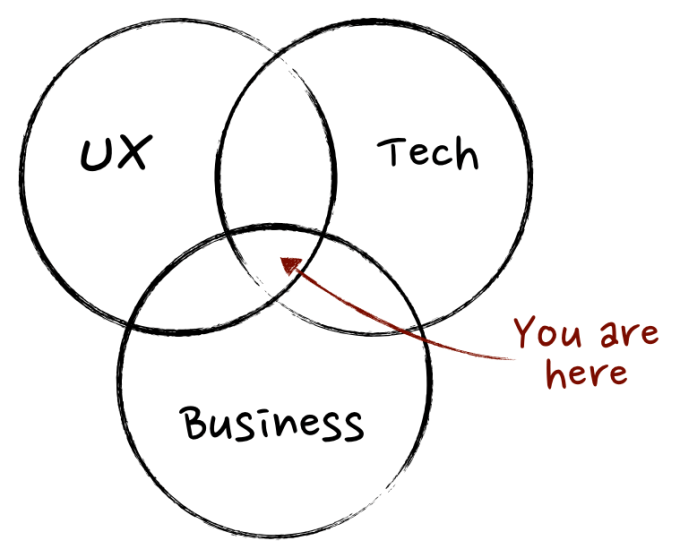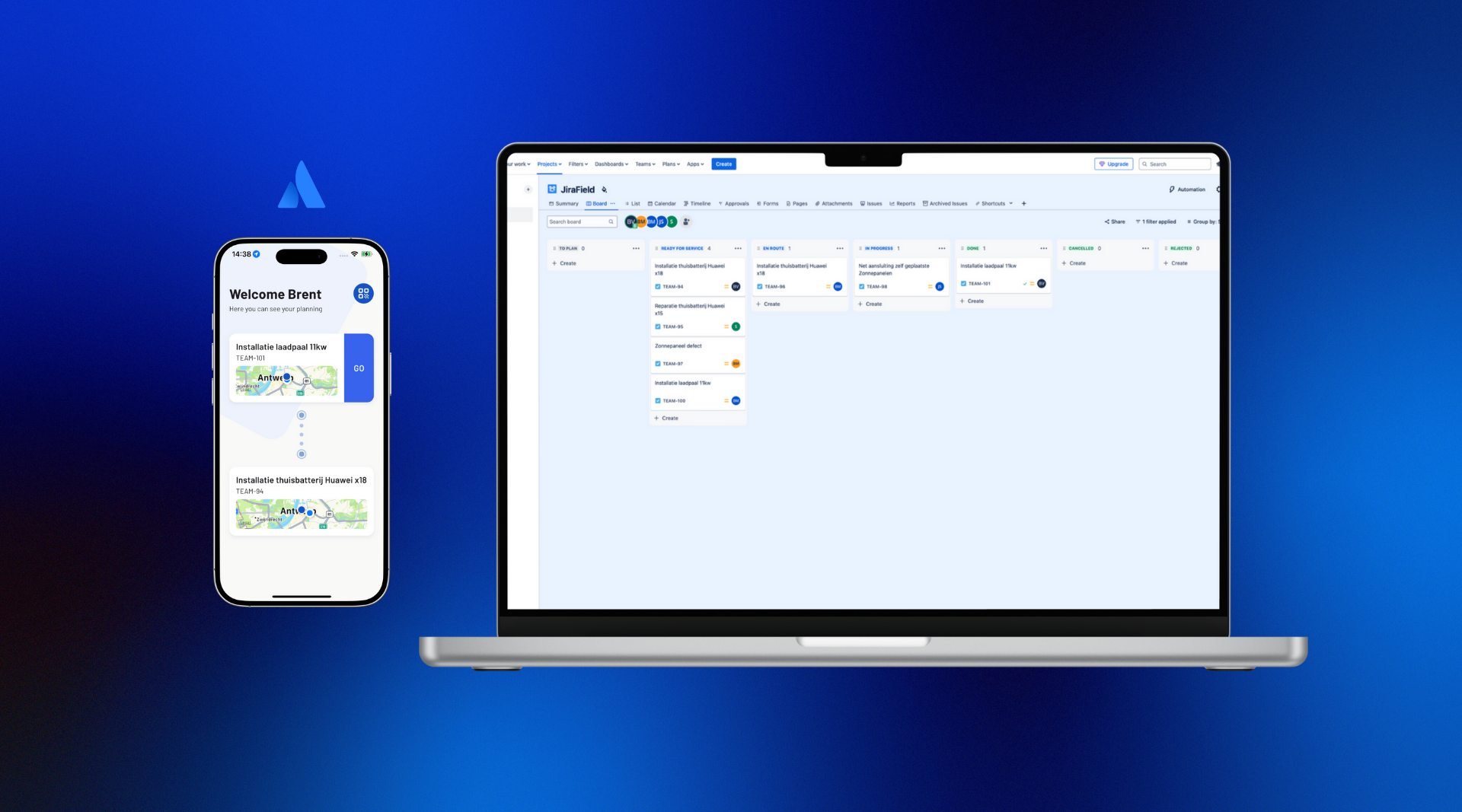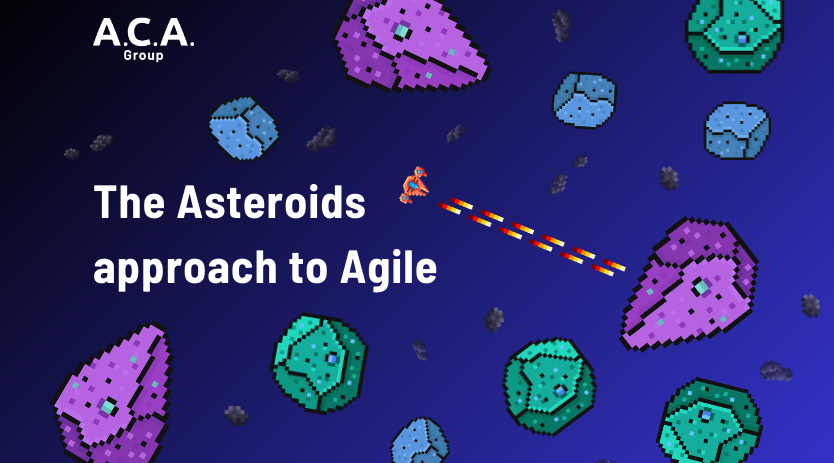
Product Management 911 — Hi, Uhm… Who’s Calling the Shots?
An anthology of painful truths (and how to cope)
Rookie mistakes
As with many Product Managers I know, the job was handed to me like a hot potato on a burning silver platter. By lack of other volunteers. By accident. And with little context. Moreover, I had just rolled into the tech world at the time. So obviously, I had no leads on what to think, feel and do. And then I stumbled upon Horowitz’ Good Product Manager/Bad Product Manager article.
The infamous CEO phrase, "a good product manager is the CEO of the product" immediately got to me. I vividly remember a sudden feeling of pride and empowerment rushing through my veins when I read it… I was going to change the world!
If I could meet “past” me now, I’d slap her in the face.

The house always wins
As a Product Manager you spend all of your time working on Very Important Stuff. Talking to customers, exploring and validating brilliant (or not so brilliant) new ideas, crunching numbers of analysis reports, trying to translate what the development guys are telling you, etc… All this knowledge you gather on a daily basis puts you in the perfect position to advise the decision-makers in the building. And luckily, people acknowledge this.
What on earth just happened?
When I first experienced this kind of folly, I thought it was me. I’m a rather petite woman. I also don’t wear pencil skirts or two-piece suits. Heck, a customer once even asked me to serve him coffee at an event where I was going to be presenting the product’s strategy because he thought I was the waitress. So obviously the first thing I did was question myself.“He knows nothing; and he thinks he knows everything. That points clearly to a political career.”
George B. Shaw really nailed it with this quote. It took a while for me to admit, but it actually relates quite well to Product Managers.
One of the definitions of Product Management, as spelled out by Martin Eriksson, is “the intersection between the functions business, technology and user experience”. A.k.a the Venn diagram we’ve all once used to explain what we do.

This diagram is not telling you we are experts in all those functions. It’s telling you we deeply care about each of them. That we surround ourselves with experts in the fields we are less experienced in. And that we don’t know about all the details, but we do see the overall picture.
So… Do we know everything? If we take it literally, we don’t. But speaking for myself: I sure like to think that I do, because I get the bigger picture…You got me there, G.
And then the politics. Oh, the politics. I personally loathe company politics. It drives me nuts. It’s bonkers. Overhead and just plain noise if you ask me. But love it or hate it, it’s the way the world goes round. While I’ve always tried to tell myself I steer away from it, I just have to admit it woud not help my career if I actually did.
As we found out earlier, us Product Managers have very little authority. Consequently we have to rely on others to make the decisions we want them to make. So we really have no choice but to dive knee-deep in the office politics. We can’t ever overlook or bypass people. Not even if we think they’re incompetent wankers. We have to play the game and work the folks in both the formal and informal organisation charts.
This all implies that — whether we like it or not —Product Managers are politicians in many ways. Diplomats. Tacticians. Mediators.
For me this was a bitter pill to swallow. Because let’s be real: no one likes politicians. Politics (especially the office kind) are exhausting. There’s nothing sexy about it. So to unburden myself from the woes of being a politician, I try to stick to some ground rules:

- Put your money where your mouth is
- Don’t wear a suit (it would get dirty in the trenches when you’re spending valuable time with the civilians)
- Don’t call your co-workers, users, or other valuable people civilians. We’re all in this mess together
- Hold on to your beliefs for dear life
- Call yourself an influencer. It has a millenial ring to it, so why not?
Cloudy with a 99.9% chance of having too many cooks in the kitchen
Product Managers come in different colours, flavours, role descriptions and even job titles. Regardless of labels, there’s one thing we all have in common: we have to ‘manage our stakeholders’. There’s a lot of great content out there describing what that means and how to approach it.
Truth of the matter is: if you’re in any type of Product role, chances are high you’re working on something very visible. Something everyone cares about. Stakeholders are the ones that can make or break your work. They are the ones we should focus on, internally. So let’s definitely not stop learning how to work with and alongside your stakeholders. Otherwise we might not succeed as Product Managers.
However.
However. (It’s a BIG however so I just had to put a second one here.)
What I rarely read about is all those other people. The ones who are not stakeholders but who all feel they should have a say. I’m talking e-mail threads about the shade of blue of a button in which people are added and added until the “to:” field contains more text than the body. I’m talking people spreading vague product ideas (of their own) as facts and thus causing confusion, disarray and misalignment. I’m talking meetings with 10 people in the room while there should have been 4…

At one point I’ve felt like even the office dog was meddling with my stuff. And that her smelly input was more relevant than some of the e-mails I was deleting. I mean receiving.
This stuff happens on a nearly-daily basis and it sucks. Big time. But it’s something we have to deal with. If you’re like me, you’ll have days where you just want to take your coat and leave, not wanting to deal with this cr@p. Just remember:
- These people, however annoying, (mostly) mean well
- Step up once in a while and call an end to the never-ending e-mail thread or meeting attendee madness. We’re perfectly positioned to notice when chaos is hurting the day-to-business. Use this position to kill the chaos. Everyone, especially you, will feel better.
- If people keep interfering with your work instead of theirs, something else might be wrong. Take a pillow, place it over your nose and mouth and shout some profanities. Then start a few conversations to see what’s going on and how you can solve it together.
If all of the above fails: take your coat and leave. Tomorrow is another day.
Soooo… who is calling the shots, you ask? It depends. One thing’s for sure: some days being a Product Manager is all about sporting a pair of big balls. Other days it’s about putting your ego in the fridge and going with the flow.
To quote one of my favourite TV shows of all times: “Welcome to Product Management. It sucks. You’re gonna love it!


